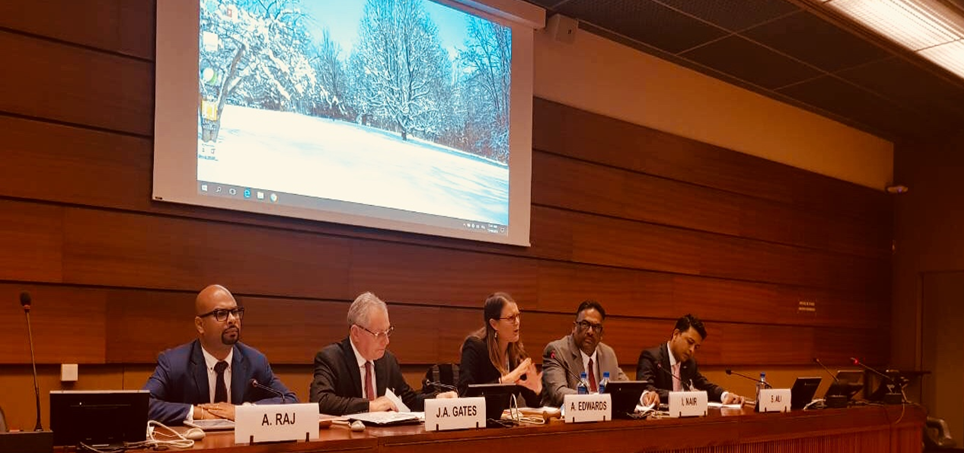FIJI recently co-hosted a panel discussion focused on safeguards against torture on the margins of the 39th session of the Human Rights Council in Geneva.
According to a media statement from Government, the event was co-hosted along with the Convention against Torture Initiative (CTI) on Safeguards against torture – the implementation of the Convention against Torture and Other Cruel, Inhuman or Degrading Treatment or Punishment (UNCAT) in Fiji.
This was followed by an interactive dialogue.
Having ratified UNCAT in 2016, the statement said this was an occasion to exchange Fiji’s experiences of implementing the Convention and to give examples of progress over the past two years.
The focus was placed on the “First Hour Procedure” as well as the introduction of video recorded interviews.
International research has documented that individuals are at heightened risk of ill-treatment during the first hour after arrest, and so schemes that address this situation have an important impact on reducing the number of abuses, as well as the number of complaints against public authorities.
The panel discussion was held at the Palais des Nations in Geneva, and brought together four distinguished panelists from Fiji: Chief Justice Anthony Gates; Itendra Nair, Assistant Commissioner of Police; Shahin Ali, executive director of the Legal Aid Commission of Fiji; and Ashwin Raj, director of the Fiji Human Rights and Anti-Discrimination Commission.
The event was moderated by Dr Alice Edwards, Head of the Convention against Torture Initiative (CTI) Secretariat.
The panelists highlighted the importance of internal coordination between different sectors – police, judiciary, legal aid commission and the Human Rights and Anti-Discrimination Commission, as well as international cooperation.
In relation to the latter, the First Hour Procedure has drawn inspiration from the experiences of the Geneva Bar Association and the police of England and Wales (in Norfolk), and the panelists thanked the support provided for training and technical expertise, such as that provided by UNDP, CTI and the Association for the Prevention of Torture.
Justice Gates explained that since the use of video recording, the number of disputes regarding confessional material in court had significantly reduced court time.
Mr Ali noted that in two parts of the country, they had managed to respond to every call they had received, with arrested persons being made aware of their rights prior to interview.
These new procedures have not only reduced coercive forms of interrogation, they have also led to real efficiencies and attitudinal changes in police.
Since the start of the pilot, the Assistant Police Commissioner was able to show that video recording was now used in 57 per cent of all interviews, compared with 8.13 per cent previously.
While there remain a number of challenges to full implementation, the statement added that these new measures have led to multiple benefits including importantly safeguarding the fundamental rights of arrested and detained persons, and reducing incidents of ill-treatment.
The discussion and the exchanges that followed showed that while challenges persist, including limited financial resources and some technological constraints, the ratification of UNCAT and its active implementation through national and international cooperation can yield positive results and allow for the concrete materialisation of human rights.
This side event and the experience of Fiji, as a new State party to UNCAT will hopefully inspire other States to ratify UNCAT and to review and reform, where needed, national practices.






